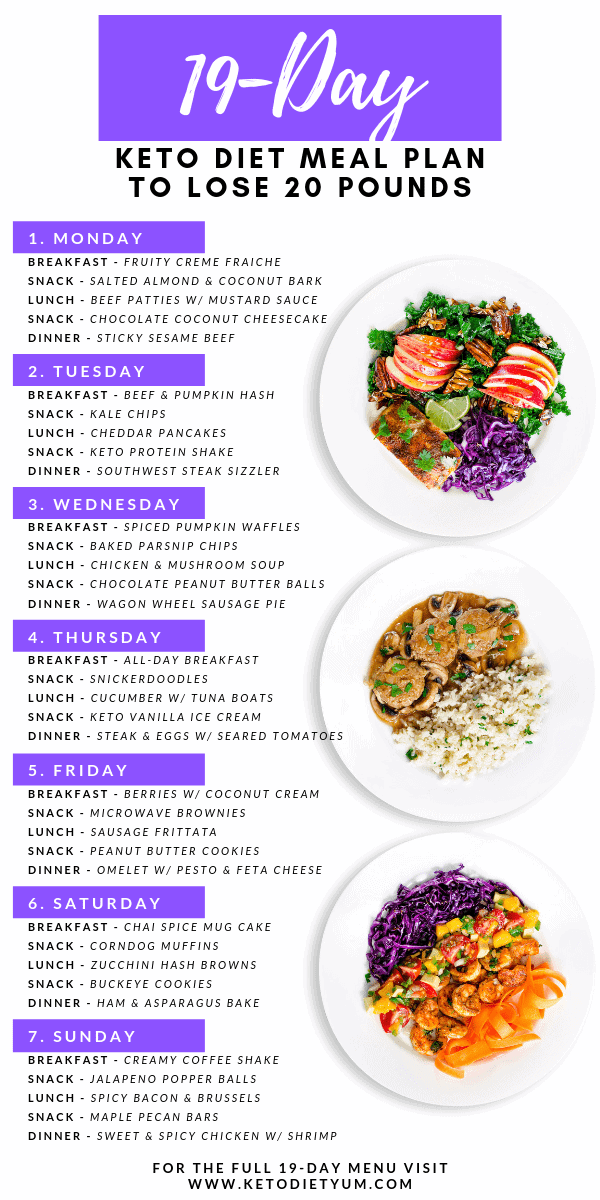Sustainable Eating: Meal Plans that Support You and the Environment
In an increasingly health-aware world, the idea of sustainable eating is gaining traction, offering more than personal benefits but also a positive effect on the environment. With so many diets available, it can be challenging to determine which is best for you and also aligning with eco-friendly practices. This manual aims to explain the different types of diets that promote wellness and environmental health, helping you make educated choices.
From plant-based diets to the Mediterranean approach, understanding these options is essential to finding one that suits your lifestyle and goals. You will discover how different diets impact your body, their benefits and drawbacks, and what it truly means to eat in a sustainable way. If you are looking to lose weight, build muscle, or merely enhance your overall health, this article will explore popular and current diets, providing insights that will inspire you to start a healthier path for you and the Earth.
Trending Diets Overview
In recent years, various diets have emerged, each supporting diverse approaches to eating. Among the leading notable is the ketogenic diet, which centers around high fat, medium protein, and significantly low carbohydrate consumption. This method aims to transition the body into a state of ketosis, a state where it utilizes fat for fuel instead of carbohydrates, resulting in significant weight loss for numerous individuals. The Paleolithic diet also gained traction, advocating for a return to dieting like our ancestors by focusing on whole foods, such as lean meats, fish, fruits, vegetables, nuts, and seeds while excluding processed foods, grains, and dairy.
The Mediterranean diet has gained acclaim from health professionals globally for its heart-healthy benefits. https://kermany.com/ in fruits, vegetables, whole grains, and healthy fats, particularly from olive oil, this diet promotes not only maintaining a healthy weight but also overall longevity and health, making it greatly endorsed for those wanting to improve their long-term wellbeing. Another significant mention is the plant-based diet, which focuses on whole plant foods while reducing or eliminating animal products. This diet has been linked to numerous health benefits and is celebrated for its lower environmental impact.
In addition to the aforementioned well-known dietary patterns, intermittent fasting has emerged as a widely accepted strategy for weight loss and improved metabolic health. This technique involves cycling between periods of eating and fasting, which has been shown to aid with fat loss and may offer other health benefits. Additionally, diets such as the DASH regimen, designed to combat high blood pressure, and specific diets for particular health conditions, like diabetic or gluten-free diets, cater to individuals with unique nutritional needs. Each of these diets presents different benefits and drawbacks, making it essential for people to choose one that aligns with their health goals and lifestyle preferences.
Sustainable and Responsible Diets

Eco-friendly and responsible diets focus on food choices that benefit both individual health and the planet. These diets prioritize vegetarian foods, which usually require fewer natural resources and produce lower greenhouse gas emissions compared to meat. By cutting back on meat consumption and embracing a variety of vegetables, greens, grains, and legumes, individuals can support a more eco-friendly food system while enhancing their overall health.
The semi-vegetarian diet is one of the most common eco-friendly options, allowing for adaptability while highlighting plant-based meals. This diet promotes limited meat and dairy consumption, making it simpler for individuals to move towards more green eating habits without a full lifestyle change. The Mediterranean diet, known for its health advantages, also highlights seasonal produce, healthy fats, and lean proteins, further promoting eco-friendliness through mindful eating practices.
Many realize that adopting a eco-friendly diet is in line with ethical considerations, such as animal welfare and local food sourcing. The vegan diet is distinguished in this regard, eliminating all animal products and supporting cruelty-free food choices. However, individuals can also support local farmers and choose organic products within a flexitarian or vegetarian framework, making sure that their dietary choices express their values and contribute positively to the planet.
Tips for Choosing the Right Diet
When choosing a diet, it's crucial to consider your individual goals. Do you want to shed pounds, gain muscle, or simply maintain a fit lifestyle? Knowing what you hope to accomplish will help narrow down your options. For example, if losing weight is your main concern, you could look into low-carb or protein-rich diets. Alternatively, if your focus is on gaining muscle, look into diets high in protein and healthy fats. Knowing your goals will guide you toward the most suitable diet for your daily routine.
Another important factor is the practicality of the diet. It's crucial to pick a plan that integrates with your daily routine and can be followed over the long term. Think about your cooking skills, meal prep time, and social life. If a diet demands extensive cooking or is too restrictive, it may be difficult to adhere to. Look for flexible options like the Mediterranean or flexitarian diets, which offer variety and can easily be adapted to your preferences and needs.
Lastly, do not neglect the importance of nutritional balance. A wholesome diet should supply all the essential nutrients your body needs to operate well. Research multiple diets to ensure they include a combination of carbohydrates, proteins, fats, vitamins, and minerals. For those with specific health concerns, such as diabetes or gluten intolerance, speak with a healthcare professional to find a diet that fulfills your needs without putting at risk your health. A balanced approach will not only help you achieve your goals but also enhance overall wellness.